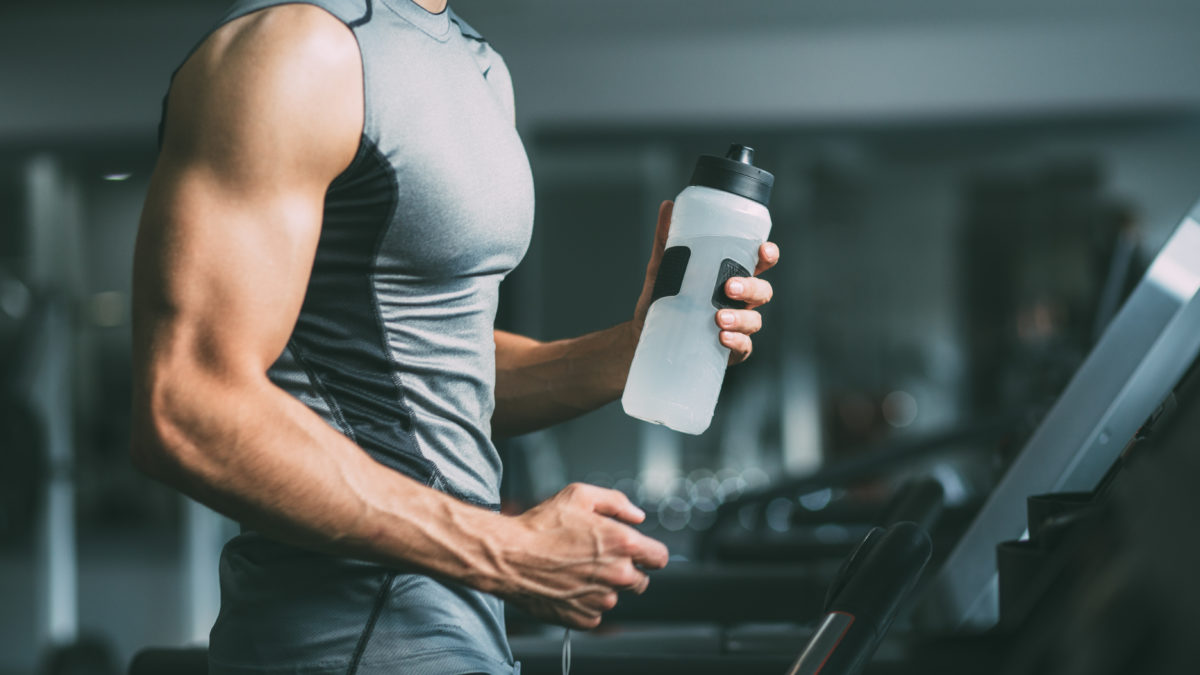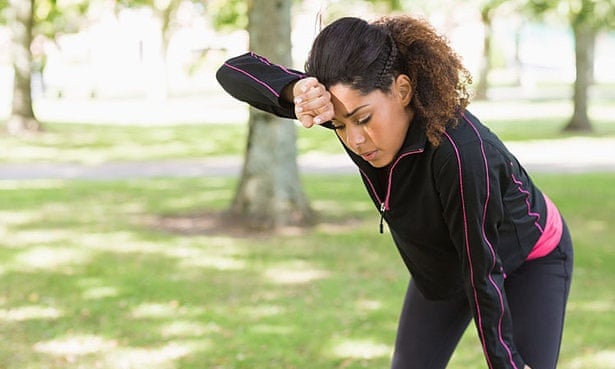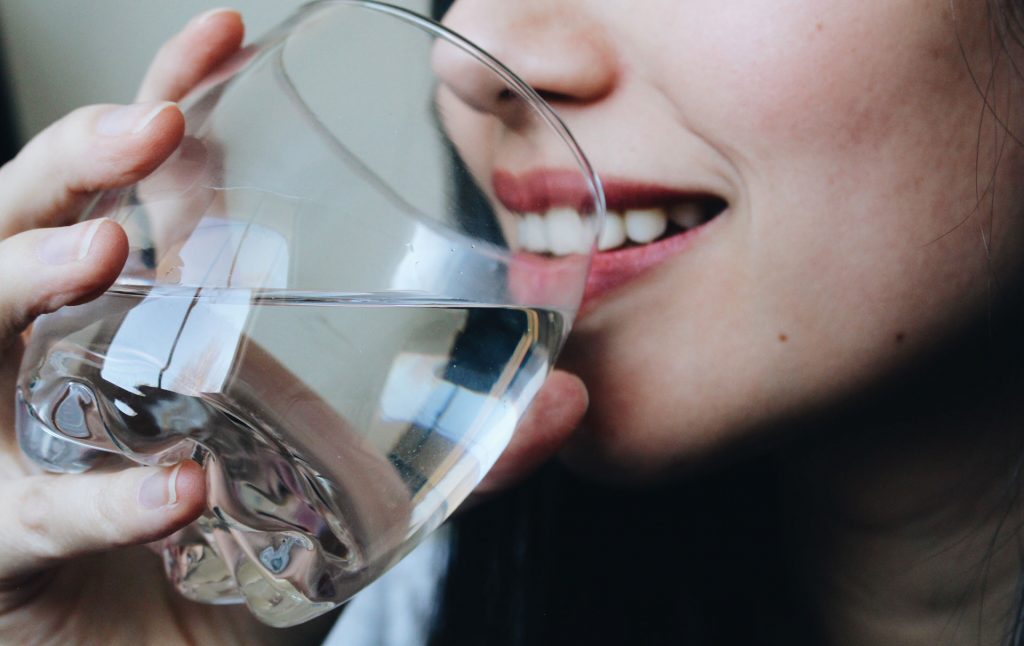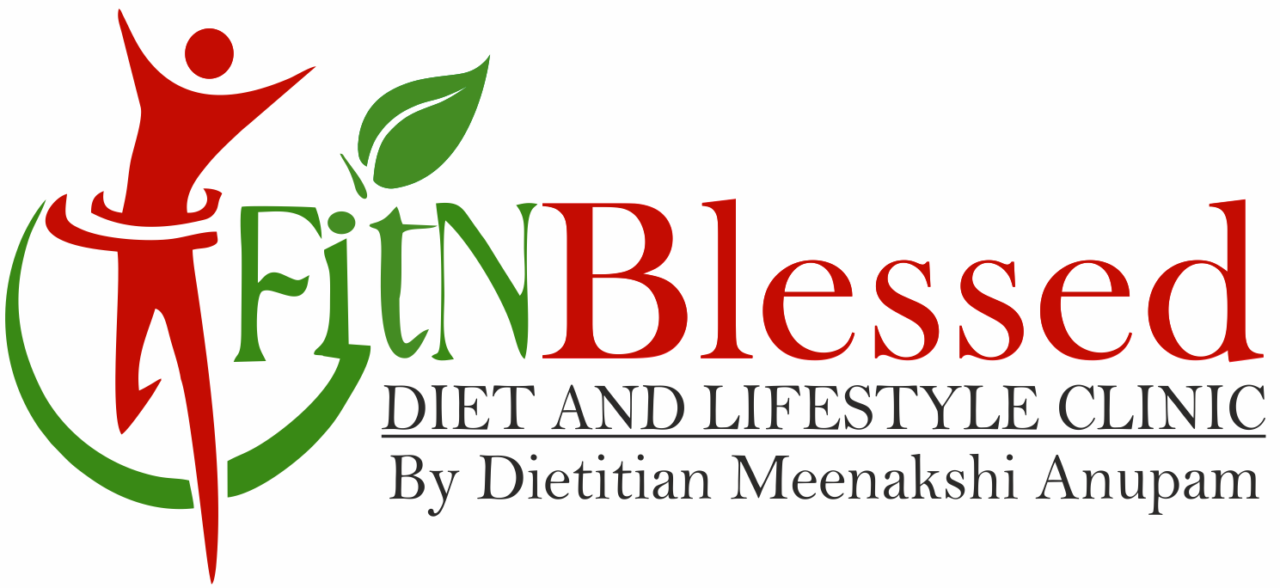
Why is hydration important during exercise?
Around 60 per cent of your body is water and it plays a vital role in every bodily function. You can lose a lot of fluid when you exercise – as much as a litre or two an hour – mainly through sweating and breathing.
If you don’t top this fluid back up, you can get dehydrated. This can affect both your general health and how well you can exercise. You’ll feel tired more quickly if you’re dehydrated, and you won’t be able to control your temperature as well as usual.
Water helps fuel your muscles, so drinking before, during and after exercise will boost your energy levels, and may help to prevent cramp.
Hydration before you exercise
It may not cross your mind, but making sure you’re well hydrated before you exercise is really important, especially in hot conditions.

If you’re dehydrated before you start exercising:
- Your core temperature will rise faster
- Your heart will have to work harder than usual
This will affect your performance and can even lead to heat stroke. Drinking enough will help you get the most out of your exercise session and feel good while you’re doing it.
The morning of the event, drink 2 cups (8 oz.) of fluid two hours beforehand. This gives your kidneys enough time to process the liquids, giving you sufficient time to empty your bladder before the start of your event.
Thirty minutes prior to the beginning of the athletic event, drink another 5 to 10 oz. of water or sports drink. One oz. of fluid equals about a medium mouthful of water.
Hydration during exercise
It’s important to drink water during a workout – take a water bottle with you on a run, for example. Being dehydrated can affect your energy levels. Your muscle cells are almost three-quarters water so if you’re short on fluid, you’ll feel the strain. Drinking little and often rather than a lot less often will give you the best chance of hitting your exercise targets.
How much you need to drink will depend on how much you sweat and how long you exercise for. How much you sweat and lose water is influenced by your:
- Size – larger people tend to sweat more than smaller people, and men sweat more than women
- Fitness – fitter people sweat more and earlier in exercise because their bodies are accustomed to needing to cool down
- Environment – you sweat more in hot, humid conditions
- Exercise Intensity – you sweat more as you exercise harder

The best way to figure out how much to drink is to respond to what your body tells you. If you feel thirsty, you really need to drink as your body is already showing signs that it needs to take on more fluid. Here’s another way to work out how much fluid you lose while exercising and how much to drink to compensate for it.
Hydration after exercise
Once all the hard work is over, no doubt you’ll be ready for something to drink. Not only will this be refreshing, but it will also restore your fluid levels and help your muscles to recover. The sooner you start to replace the fluid, the sooner you’ll recover.
To help you determine the amount of fluid you lose during exercise, you can weigh yourself before and after exercise. For each pound lost during activity, drink 24 oz. of fluid. If your body weight increased, you have overhydrated and you should drink less fluid in future exercise sessions.
After a practice or competition, drink to quench your thirst and then drink some more. Because the thirst mechanism is an inaccurate indicator of dehydration, you’ll have to monitor your urine to determine whether or not you’ve had enough.
Make your own sports drink
To avoid spending lots of money on sports drinks which may contain lots of sugar and additives, try making your own at home. Mix 200ml squash (not a low-sugar variety) with 800ml water and add a large pinch of salt, you can also add one tbsp lemon juice.
